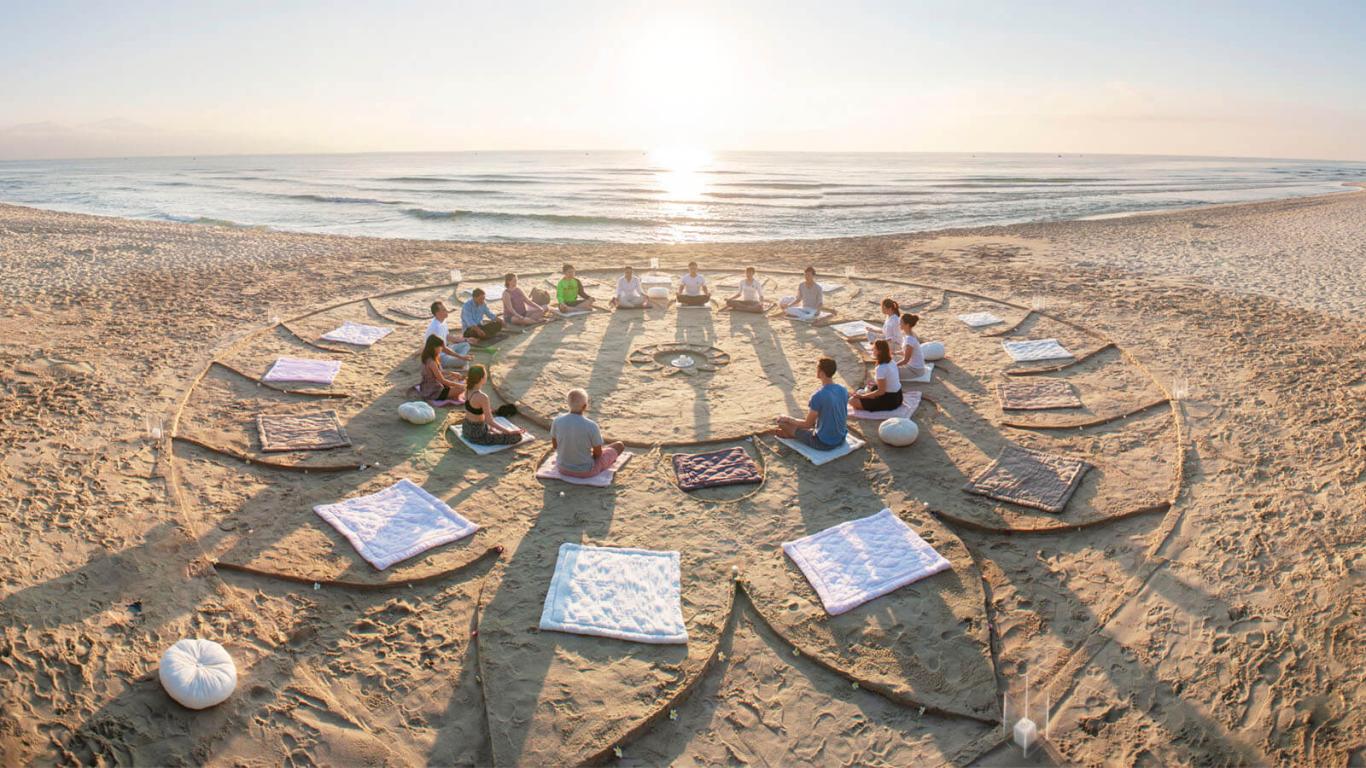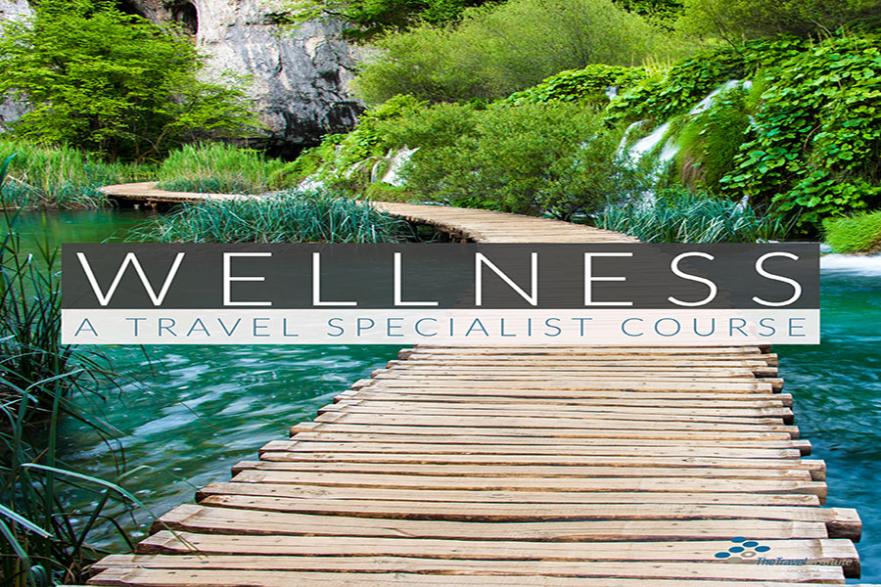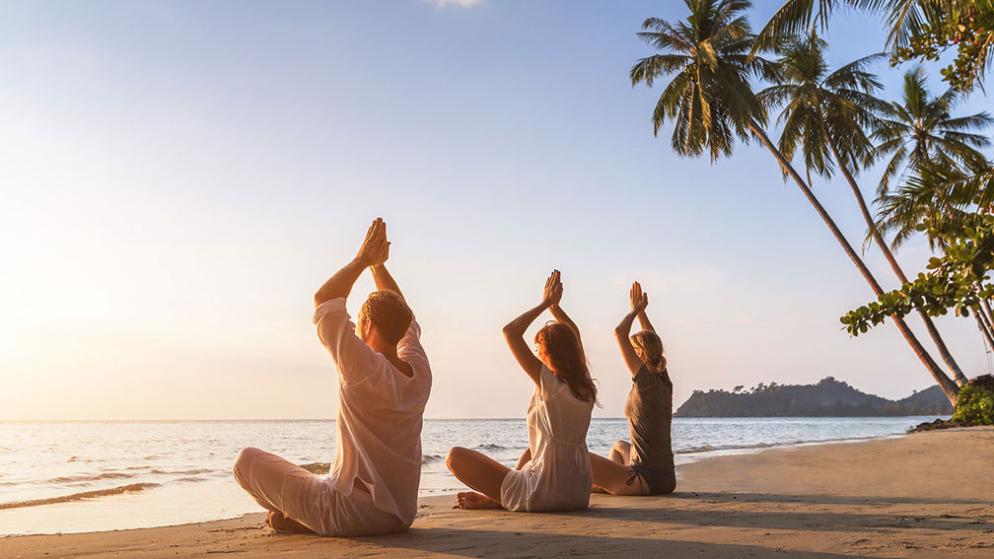What Are Some of the Different Types of Wellness Retreats?
In today's fast-paced and demanding world, self-care and well-being have become paramount. Wellness retreats offer a unique opportunity to escape the daily grind, rejuvenate the body and mind, and embark on a journey of personal growth and transformation.

Types Of Wellness Retreats:
1. Destination Retreats:
Destination retreats transport participants to exotic locations, immersing them in breathtaking natural surroundings and offering a diverse range of wellness activities.
- Benefits: Relaxation, rejuvenation, and exploration of new cultures and landscapes.
- Examples: Yoga retreats in Bali, spa retreats in Tuscany, meditation retreats in the Himalayas.
2. Local Retreats:
Local retreats provide a convenient and accessible option for those seeking a wellness escape closer to home.
- Benefits: Convenience, affordability, and the ability to easily integrate the retreat experience into daily life.
- Examples: Day spas, weekend retreats in nearby cities, mindfulness workshops at local studios.
3. Corporate Wellness Retreats:
Corporate wellness retreats are designed to promote team building, stress reduction, and improved productivity within organizations.
- Benefits: Enhanced communication, collaboration, and overall well-being of employees.
- Examples: Leadership retreats, mindfulness workshops, outdoor adventure retreats.
4. Silent Retreats:

Silent retreats offer a profound opportunity for inner peace, self-reflection, and spiritual growth through the practice of silence.
- Benefits: Deep introspection, enhanced mindfulness, and a renewed sense of connection with oneself.
- Examples: Meditation retreats, Vipassana retreats, silent yoga retreats.
5. Adventure Retreats:
Adventure retreats combine physical challenges, outdoor experiences, and personal growth opportunities in stunning natural settings.
- Benefits: Improved physical fitness, increased resilience, and a sense of accomplishment.
- Examples: Hiking retreats in Patagonia, surfing retreats in Costa Rica, rock climbing retreats in Thailand.
Choosing The Right Retreat:

Selecting the ideal wellness retreat requires careful consideration of personal goals, preferences, and needs.
1. Consider Your Goals:
- Relaxation and Stress Reduction: Seek retreats focused on relaxation techniques, spa treatments, and stress-relieving activities.
- Personal Growth and Self-Discovery: Choose retreats that offer workshops, seminars, and opportunities for self-reflection and introspection.
- Physical Fitness and Health Improvement: Opt for retreats with fitness programs, healthy cuisine, and outdoor activities.
2. Research Different Retreats:
- Read Reviews and Testimonials: Gather insights from previous participants to understand the retreat's quality and effectiveness.
- Compare Prices and Amenities: Consider the cost of the retreat, the amenities offered, and the value for your money.
- Consider the Location and Duration of the Retreat: Choose a retreat in a location that resonates with you and consider the length of the retreat based on your availability and needs.
3. Consult With A Healthcare Professional:
- Discuss Any Health Concerns or Limitations: Share any existing health conditions or limitations with your doctor to ensure the retreat is suitable for you.
- Get Recommendations for Suitable Retreats: Ask your doctor for recommendations on retreats that align with your specific health needs.
Preparing For A Wellness Retreat:
Proper preparation enhances the retreat experience and ensures a smooth and enjoyable journey.
1. Pack Essential Items:
- Comfortable Clothing and Shoes: Pack clothes suitable for the retreat's activities and climate.
- Toiletries and Personal Care Items: Bring your preferred toiletries and any necessary personal care items.
- Any Necessary Medications: Pack a sufficient supply of any prescription medications you require.
2. Set Realistic Expectations:
- Understand that Retreats Are Not a Cure-All: While retreats can be transformative, they are not a substitute for ongoing self-care and healthy lifestyle choices.
- Be Open to New Experiences and Challenges: Embrace the opportunity to try new things and step outside your comfort zone.
- Allow Yourself Time to Relax and Rejuvenate: Make the most of the retreat by fully immersing yourself in the activities and taking time for relaxation.
3. Communicate With The Retreat Organizer:
- Ask Any Questions You May Have: Clarify any doubts or concerns you have about the retreat by contacting the organizer.
- Inform Them About Any Dietary Restrictions or Allergies: Share any dietary restrictions or allergies you have to ensure the retreat can accommodate your needs.
- Follow Their Instructions for Arrival and Departure: Adhere to the retreat organizer's instructions for arrival and departure to avoid any inconveniences.
Wellness retreats offer a myriad of opportunities for personal growth, rejuvenation, and transformation. By choosing the right retreat, preparing adequately, and embracing the experience with an open heart, individuals can embark on a journey that nourishes their mind, body, and spirit.
YesNo

Leave a Reply